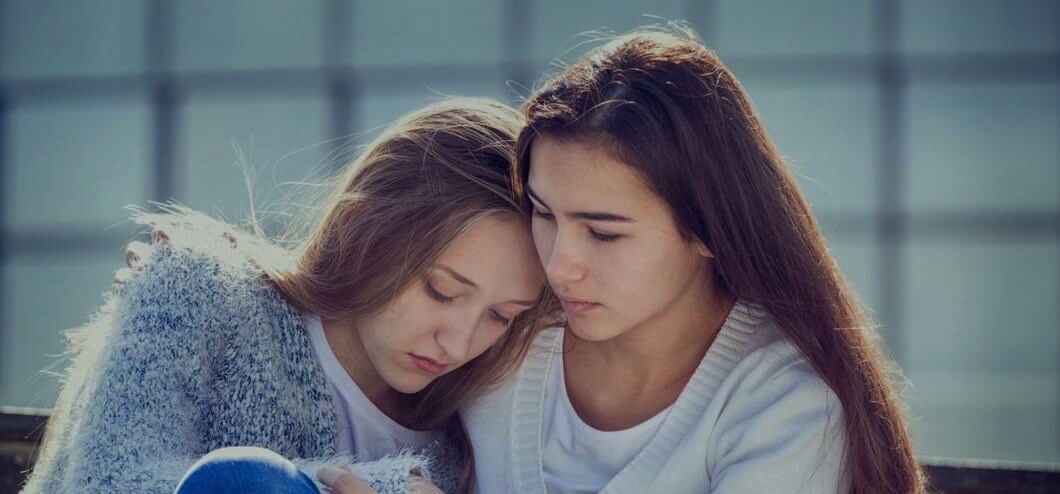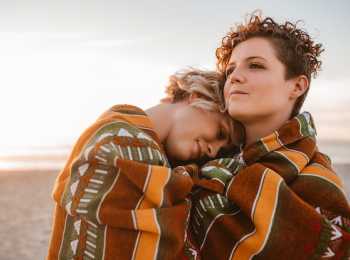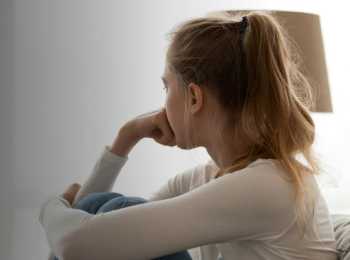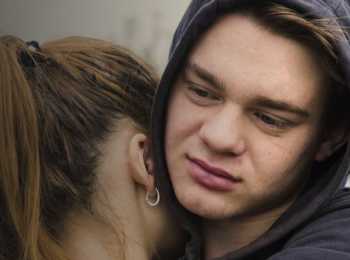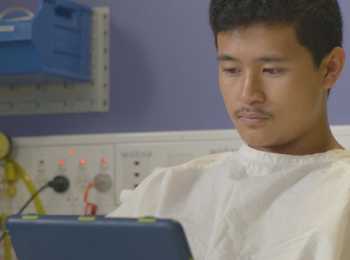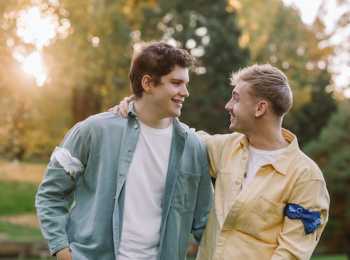Contents
Part 1
Your reaction: This affects you too
Cancer? Are you serious?
Everything is ticking along as normal, then boom, the world is tipped upside down.
Someone you know – a best friend, school friend, boyfriend, girlfriend, teammate, housemate, work friend – has cancer.
Talk about unexpected. You might be wondering…now what? What am I supposed to say? What am I supposed to do? How can I help? Do they even want help?
Being the friend of someone who has, or has had, cancer is not always easy. It can be scary and confusing and throw you way out of your comfort zone. But your friend might need people around them now more than ever.
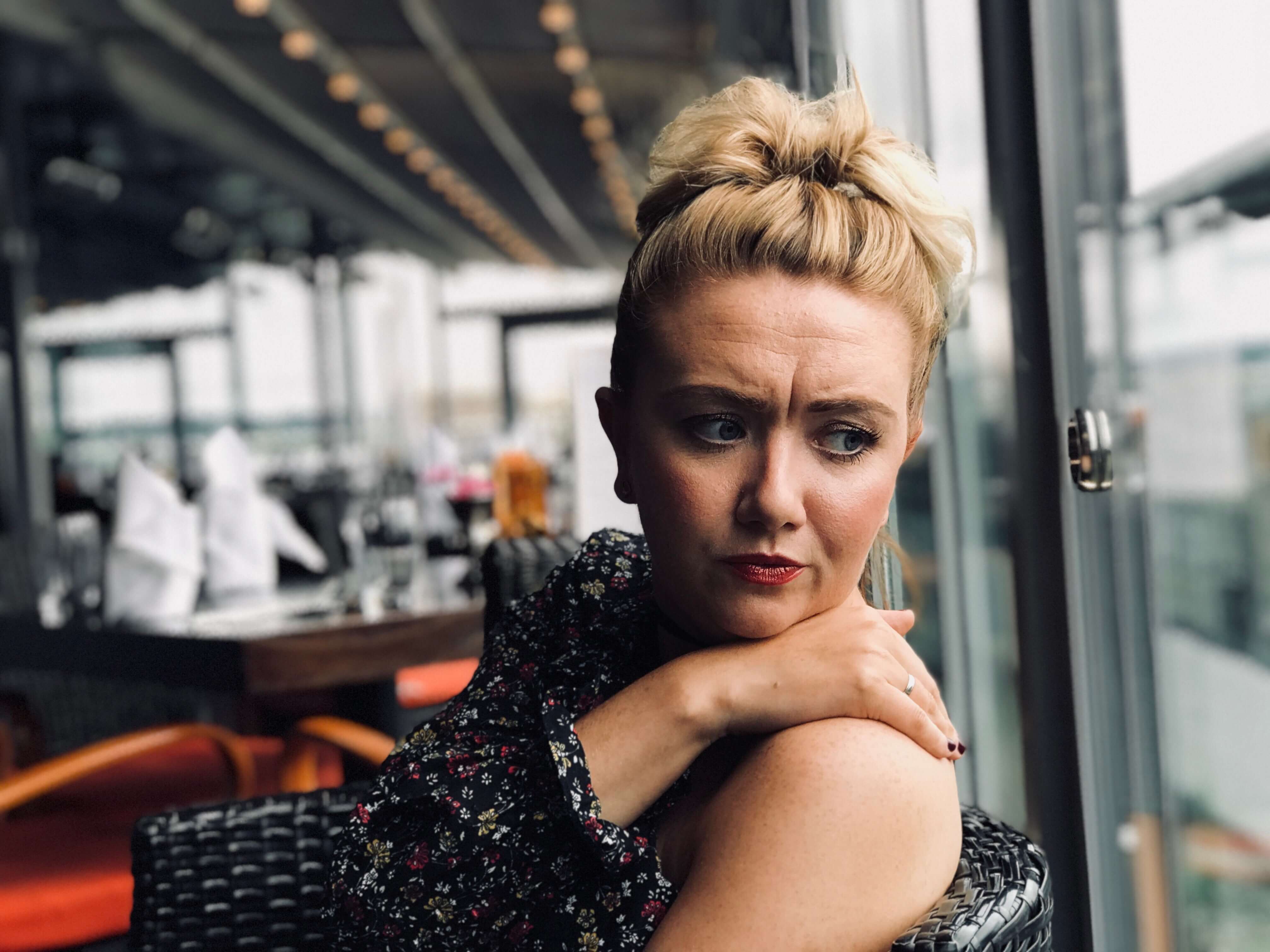
Since your friend was diagnosed with cancer, they have probably experienced a truckload of change and faced a lot of big challenges.
They might find all this stuff even harder to deal with if they think they have to go through it alone.
You’re not expected to be able to make everything better. It’s OK to be lost for words and to find the whole thing pretty weird.
But this guide is here to help you understand that a friend with cancer is still your friend, and that they will find it helpful to have you there through the ups and downs.
So just by showing that you care, you’re already awesome!
“As a young person, your friends are the most important element in your life and cancer doesn’t change that.” Tammy
Your reaction: This affects you too
You might be surprised at how much this situation might affect you too.
You might be shocked, puzzled, totally freaked out, or feel nothing at all.
Finding out that your friend has, or has had, cancer can bring up some huge, scary questions about health, life and death that you might not have thought about much before.
It may make you worry that you or someone in your family could get sick too, or that you could catch cancer from your mate (you can’t).
You might also feel a bit upset about some changes in your own life. It might seem like your friend has changed since they found out they have cancer and you can’t talk to them like you used to.
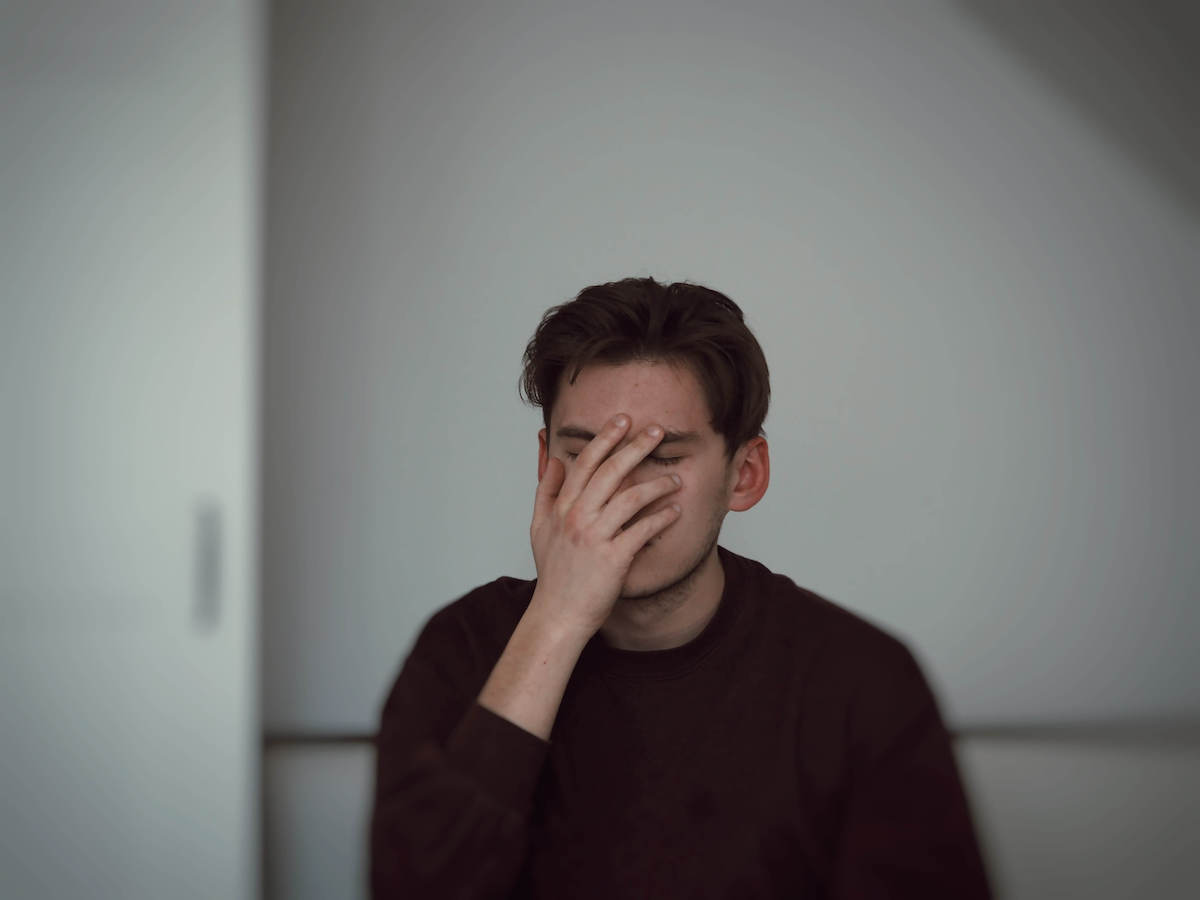
Different things might be important to them now and you might really miss the way things were. There is no right or wrong way to feel.
Every person will deal with the news differently. You don’t have to pretend to understand what your friend is going through, or feel bad for not being able to fix this for them.
You are not the only person who can support them and you don’t have to be there 100% of the time. It’s OK for you to spend time doing your normal things too.
Make sure you take some time out for yourself and get some support too if you need it.
“It’s very hard to understand how they are feeling and sometimes hard to say the right things. It makes me feel sad but extremely lucky at the same time.” Jamie (a friend)
As a friend it’s ok to...
• Feel however you feel, whether your reaction is intense, or you don’t feel much at all.
• Say ‘no’ and not do anything you feel uncomfortable with.
• Not take responsibility for other people’s problems.
• Ignore people who say insensitive things.
• Have your own life, laugh and have fun.
• Not compare your reaction to others.
• Make mistakes.
• Change your mind.
• Talk to someone and get support when things feel hard.
“My friends were shocked, saddened and a couple were very distraught...I felt a bit guilty sometimes, to be causing them so much pain. But it was also quite nice, knowing that they cared.” Max
So, what is cancer anyway?
You may have heard about cancer but not really thought much about what it actually is - that’s OK, most people haven’t.
The short version is: Cancer is a disease of cells.
Everything in our bodies is made up of tiny cells. Sometimes cells randomly start to grow and multiply out of control and produce more and more abnormal cells that the body doesn’t need.
A growing collection of these abnormal cells is called cancer. In some cases, abnormal cells clump together into a lump called a ‘tumour’. In other cases such as leukaemia or lymphoma, abnormal cells travel around the body.
Tumours can be ‘benign*’ (not cancer) or ‘malignant’ (cancer). Malignant tumours can invade other areas and stop normal cells from working properly. That’s why it’s important to treat cancer as soon as possible.
There are more than 100 different types of cancer. They are named after the place in the body where they start.
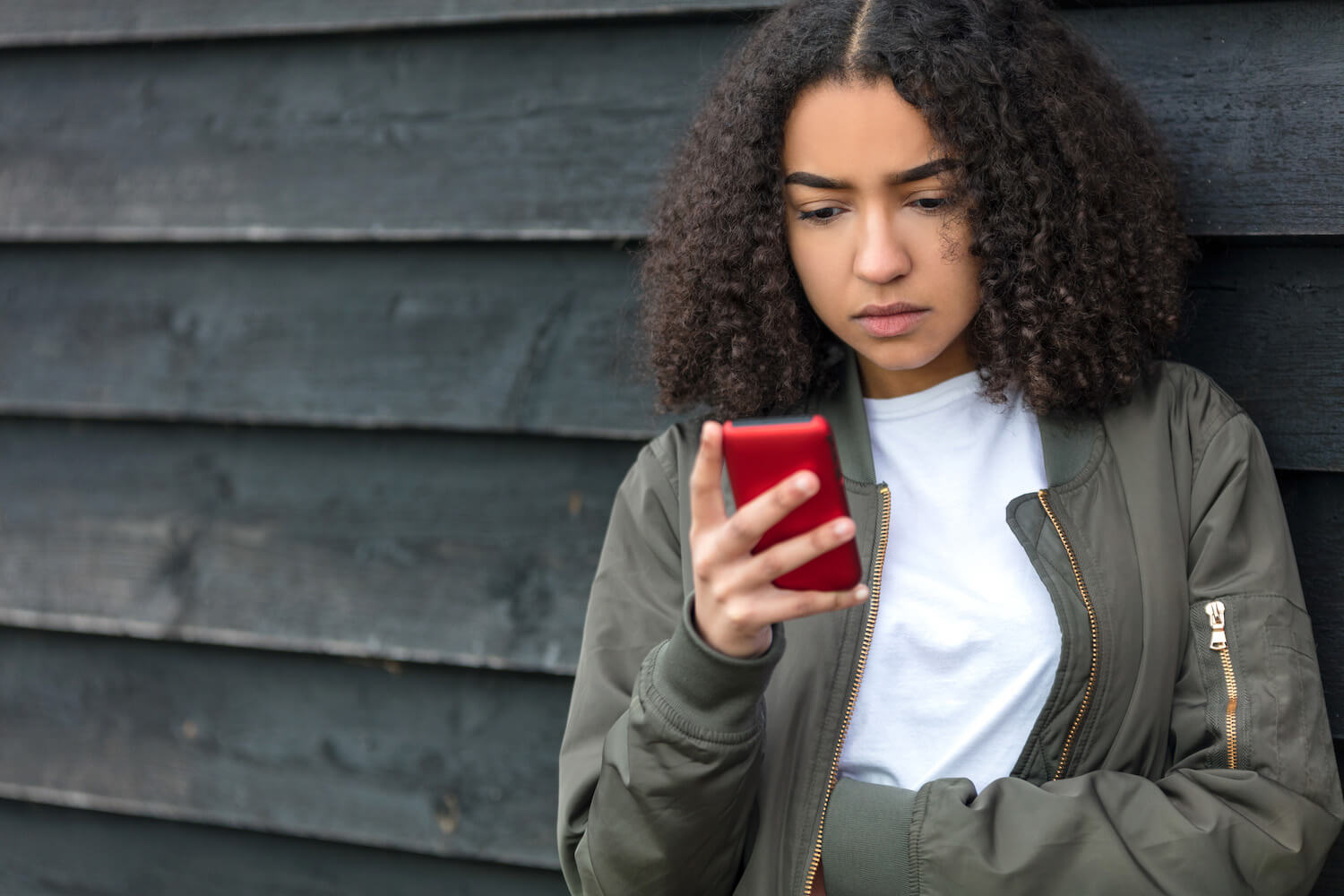
Cancer FAQs
For most cancers, the cause is unknown. We know that certain things can increase our chances of getting cancer – like smoking or spending a lot of time in the sun. And a very small number of cancers are thought to run in families. But most of the time, especially in young people, cancer just happens with no explanation.
Cancer is different for everyone. Depending on where the cancer is in the body, there could be signs like bruising, bleeding, lumps, painful bones or blurred vision. It’s important that a person goes to the doctor as soon as they notice something isn’t right or ‘normal’ to rule out the serious stuff or get treatment quickly if it is something serious.
If a doctor suspects that a person may have cancer, they will send them to a specialist to do some tests to find out. The identification of an illness is called a ‘diagnosis’.
Nope. Cancer is never contagious, so it’s fine to be near someone who has cancer. Can cancer be cured? Most cancers can be treated and survival rates are increasing all the time. The sad reality is that sometimes cancer can’t be cured and the person might die. There are many factors that affect the outcome of cancer. The outcome is different for every single person.
Cancer cells reproduce really quickly, so some treatments like chemotherapy and radiotherapy target cells that reproduce quickly in order to kill the cancer. Hair cells also reproduce quickly, so they can take a hit too but hair will usually grow back when treatment ends. Lots of people who have cancer say that losing their hair is one of the hardest things to deal with.
Note: some treatments for cancer do not cause hair loss. If someone does not lose their hair, it doesn’t mean the treatment isn’t working.
People with cancer are not necessarily in pain. A tumour might cause pain if it pushes on other parts of the body. And some of the tests and treatments for cancer can be pretty unpleasant. But it is often the body’s reaction to treatments (called side effects) that make someone with cancer unwell, rather than the cancer itself.
Cancer is completely different every time. Some cancers might be treated in a few months, but others might take years.




